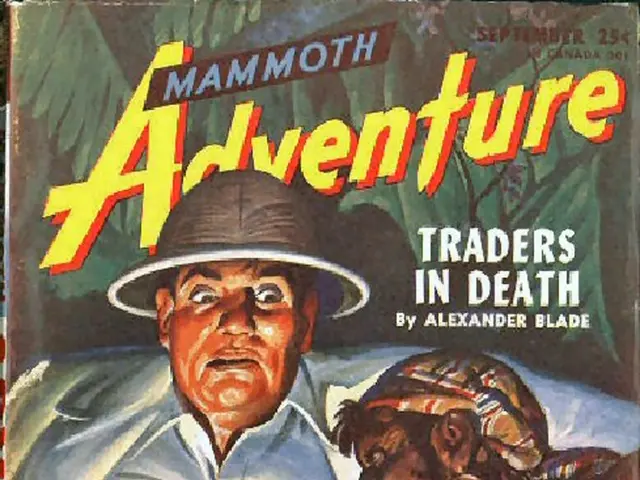Diagnosed with ADHD? Beware of Questionable Attention Tests and Deceptive Labeling Practices
Chatting About the ADHD Perspective
Ever wondered what having ADHD really means? I ask this question to clients who've been diagnosed with ADHD, and those who suspect they might have it due to symptoms like impulsivity, racing thoughts, academic struggles, difficult relationships, trouble completing tasks, emotional outbursts, and defiant behavior.
The most common answer they provide to define ADHD? "It means I can't pay attention." Yet, these individuals describe struggles with focus, attention, and impulsivity in various aspects of life, such as school, home, work, chores, relationships, and other tasks. They also talk about how their impulsivity creates relationship or emotional problems when they blurt out comments or get easily distracted while working on a task, and react defensively when their impulsivity is pointed out.
I then ask, "Is there anything you can focus on?" The response is usually a passionate description of activities they enjoy, like playing video games, watching movies, reading books, drawing, playing music, sports, and more. Activities they can immerse themselves in, disregard distractions, and pay attention to with enthusiasm.
Interestingly, it's common for individuals with ADHD to be able to hyper-focus on activities they enjoy and are passionate about, despite their struggles with other tasks. From my experience working with hundreds of ADHD clients, less than a handful couldn't find any special activity they could successfully focus on. Those who couldn't often had other mental health or personal issues that might've prevented them from experiencing their passion and focus.
full disclosure, I have ADHD. I was unofficially diagnosed in elementary school for my inability to maintain focus and impulsiveness. I struggled in college, and as an adult, I had trouble completing complex tasks like writing and illustrating a children's picture book. I went on medication for several years to help me slow down and focus (yes, for the ADHD readers who are now distracted: I did finish the book).
Working as a mental health therapist has given me a personal and professional understanding of ADHD. Having these two perspectives has allowed me to truly experience, understand, and clearly see what ADHD is and isn't.
ADHD is not attention deficit.
In reality, individuals with ADHD pay even more attention than their peers. They're constantly alert to almost everything going on around them, even the unimportant, miscellaneous noises we often ignore. The issue is distinguishing which sounds, sights, smells, and sensations are important and which ones to ignore or let go. This overstimulation can make it difficult to learn effective skills to manage focus and filter out distractions.
In terms of ADHD, I wondered if it was attention deficit, but I pay too much attention. I hear the hum of fluorescent lights, chairs scraping on the floor, footsteps in the next room, and the tick-tock of clocks. I notice the sounds, sights, and sensations that often distract ADHD individuals and grab their attention. Distractions are a constant in the ADHD mind, and they struggle with knowing which stimuli to focus on. This can lead to impulsive and hyperactive behavior, causing difficulties in regular life activities.
Our approach to ADHD is to teach individuals skills to manage their attention without realizing they're trying to fly a helicopter. If they can adapt these skills and figure out how to harness their focus, they can succeed. But if they can't, they crash and burn, and we blame them for lacking skills and abilities to manage their focus.
Dane Jorento, MSW, LICSW is a speaker available for keynotes, seminars, and workshops on mental health, emotional well-being, trauma, ADHD, self-esteem, relationships, and sexual health. He is trained in BCA Holistic Therapy, EMDR, and DBT approaches.
Gaining insight into the complex relationship between ADHD and information overload is essential for individuals and mental health professionals alike. Understanding these connections can lead to the development of effective coping strategies and create a more empathetic and supportive environment for those living with ADHD.
- Dane Jorento, in his work as a mental health therapist, often emphasizes the importance of mental health and well-being, particularly in the context of ADHD, suggesting that individuals with ADHD may pay more attention than their peers due to an overstimulation of the senses.
- In the realm of health-and-wellness, it's crucial to recognize the relationship between ADHD and information overload, as this understanding can pave the way for the development of effective coping strategies and a more empathetic approach towards those living with ADHD.
- Dane Jorento's therapeutic approach includes teaching skills for managing attention, likening this process to flying a helicopter, where success depends on adapting these skills and harnessing focus, rather than simply blaming individuals for their inability to manage distractions.








